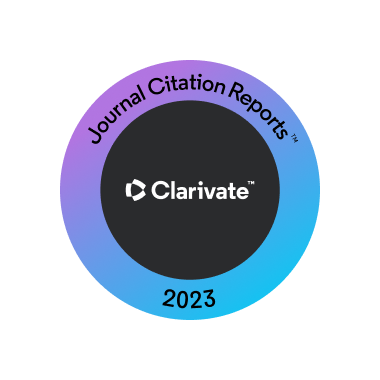Abstract
Background: Self-efficacy, defined as a personal resource, is increasingly analysed in context of healthseeking behaviours. Therefore, it is important to explain to what extent these behaviours are associated with cognitive personality disposition of physical education teachers, manifested by their self-efficacy. Material/Methods: We examined 271 physical education teachers (n♀ = 137 and n♂ =134) aged between 23 and 62 years (M = 38.97, SD = 9.33). The respondents were surveyed with the Generalized Self-Efficacy Scale by Schwarzer and Jerusalem in the Polish adaptation by Juczynski, Health Behaviour Inventory by Juczynski and the Multidimensional Body-Self Relations Questionnaire by Cash. Results: Our findings point to a beneficial effect of self-efficacy on Proper Nutrition Habits, Prophylactic Behaviour, Positive Psychological Attitudes and Fitness/Health Orientation. Nevertheless, the use of Indicator Variables in Regression revealed that GSES exerts stronger effect on health-seeking behaviours in men than in women. Furthermore, we did not confirm a crucial role of self-efficacy in undertaking physical activity and Health Practices. Conclusions: Physical education teachers show moderate levels of health-seeking behaviours; this necessitates stimulating their active involvement in self-promotion of health. This can be achieved by health promotional and educational activities addressed to physical education teachers.
Recommended Citation
Szczepanska-Klunder Z, Lipowski M. The role of self-efficacy in undertaking health-seeking behaviours by physical education teachers. Balt J Health Phys Act. 2015; 7(2): 45-57. doi: 10.29359/BJHPA.07.2.04
DOI
10.29359/BJHPA.07.2.04
Author ORCID Identifier
Mariusz Lipowski https://orcid.org/0000-0002-8389-7006
Creative Commons License

This work is licensed under a Creative Commons Attribution-Noncommercial-No Derivative Works 4.0 License.
Included in
Health and Physical Education Commons, Sports Medicine Commons, Sports Sciences Commons, Sports Studies Commons




